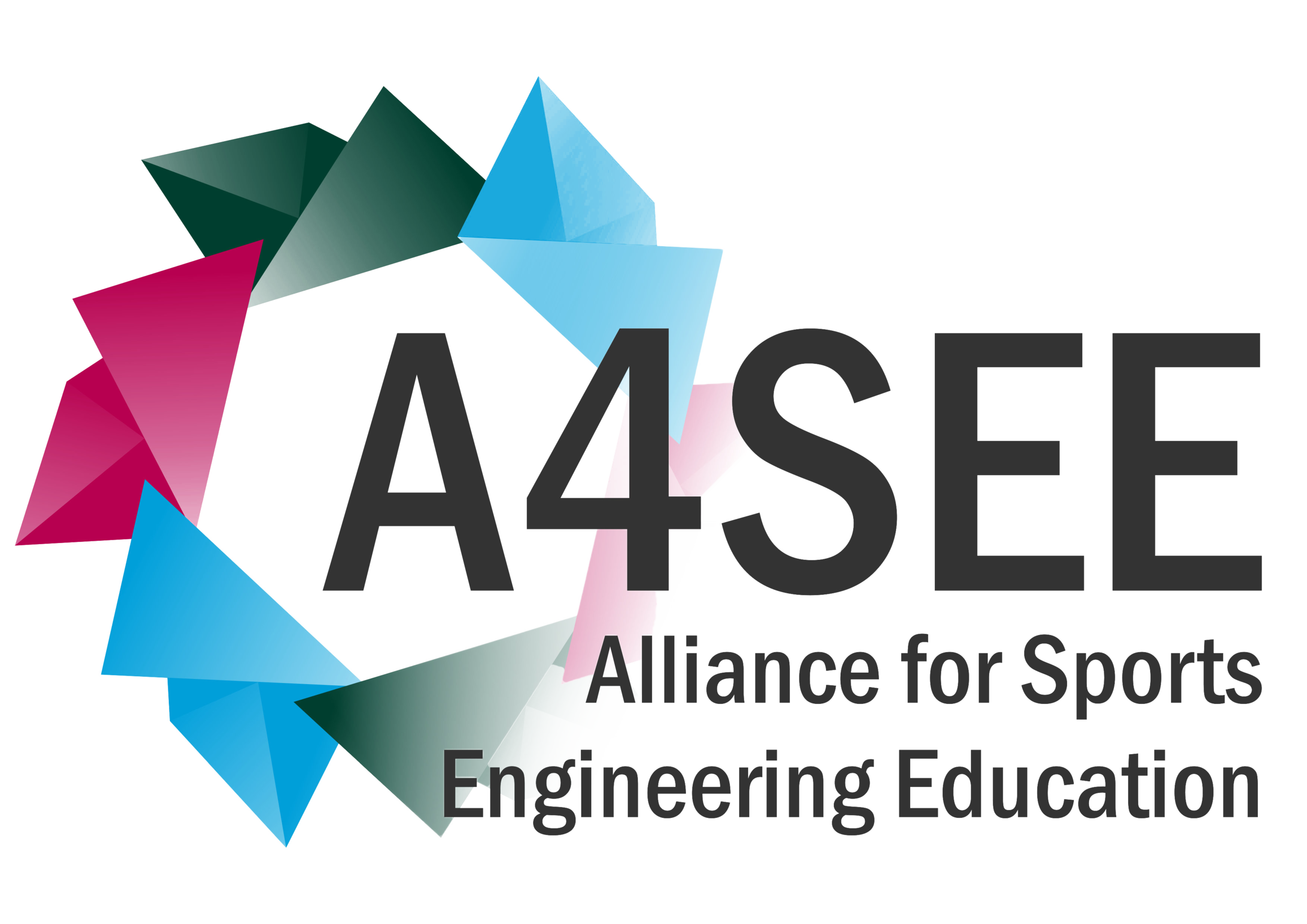Chemnitz University of Technology
Type: Academia
Country: Germany
Chemnitz University of Technology is a public university in Chemnitz, Germany. TUC stands for outstanding research. Within the core competencies “Materials and Smart Systems”, “Resource-efficient Production and Lightweight Structures” and “Humans and Technology”, solutions for future challenges are developed. The main focus in economic and social development is the creation of value, which in turn is influenced by major trends such as globalization, demographic change and the availability of resources. The university`s profile is characterized by a unique constellation of competencies across eight faculties. Thanks to this constellation, Chemnitz is emerging as an internationally visible research hub for future value creation processes and sustainable growth for the future.
Established in 2004, the Department of Sports Equipment & Technology combines engineering and human sciences to create solutions for technologies and technical structures interacting with the moving human. An interdisciplinary team of mechanical engineers, computer scientist, and electronic experts are developing innovative solutions for complex challenges in design, development, manufacturing and testing of optimized equipment for sports and medical purposes. Sports Engineering education has a long tradition in Chemnitz. The first students were enrolled in 1997. Nowadays, we run Sports Engineering study programs on Bachelor (3 years) and Master (2 years) of Science level. In addition, young scientists are completing their doctoral study at the Faculty of Mechanical Engineering. We host postdoctoral positions as well fellowships for scientists from all over Europe and overseas. Our department has strong links to the German sporting goods industry, which have been established both through our network of alumni as well as joint research and development projects.
Sports Engineering Competences
The research excellence at our department covers the fields, mechanical simulation and equipment design and manufacturing. We use the latest technologies and state-of-the-art equipment to respond to the growing expectations and new challenges in sports, prevention and rehabilitation. Within an excellent network of local research departments and institutes and industrial partners we provide solutions to the emerging challenges in human-technology interaction.
The basis and thus an essential focus of the research work at the Department of Sports Equipment & Technology is the development of mechanical simulations of real movements and loads. These enable realistic assessment of safety of sports equipment, compliance with rules and regulations or aspects of the intended functionality. In order to be able to design specific mechanical simulations and corresponding test setups, we develop measuring systems for the recording and analysis of acting loads, ideally during the natural use of the equipment technology under investigation. Based on a detailed knowledge of the requirements for devices in the human movement environment, sports equipment and orthopaedic technology can be designed and implemented in a way that is optimally adapted to the user. Labs/ specific equipment: Human movement lab (force plates, Vicon, pressure distribution), Miniature data-logging hardware and wearable sensors, Mechanical vibration test rigs, Servo-hydraulic testing machine, Impact test rigs (helmets, mats), Additive manufacturing, 3D-Scanning systems, Prototyping with fibre-reinforces plastics, Fully equipped workshop for metal workers and carbon fibre reinforced plastics.
Fellowship Opportunities
Vast opportunities for placements within the whole Faculty of Mechanical Engineering: Sports Equipment and Technology; Field testing with miniaturized Sensor Systems; Advanced mechanical testing; Calculation and design of fibre composites; Product development with renewable and recycled materials; Design of Mechanical Simulations – electrical, hydraulic, pneumatic; Surface characterization and modification (mechanical and chemical); Metallic materials – tailoring and characterization.
For students, internship within our core competencies instrumentation, mechanical simulation and equipment design and manufacturing are provided.
